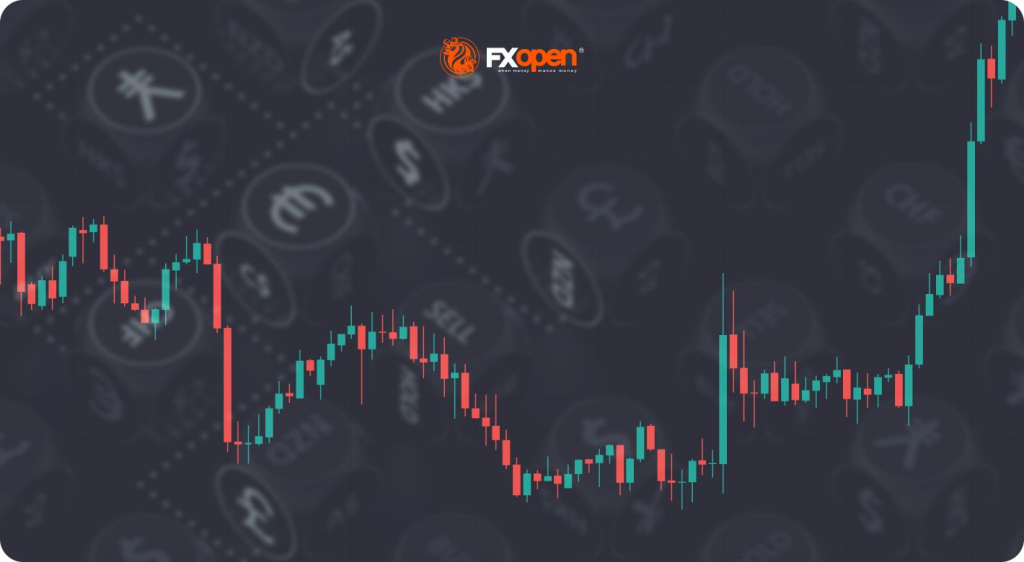Forex, small for foreign change, is the biggest financial market on the planet, with a regular trading size exceeding $6 trillion. It’s wherever currencies are bought and sold, making it an important part of international finance. Forex trading involves the change of just one currency for yet another, and their popularity stems from the chance to benefit from the fluctuating trade rates.
The forex market works 24 hours per day, five days a week, as a result of their decentralized nature. Key economic modems world wide, such as London, New York, Tokyo, and Sydney, contribute to the continuous trading activity. That accessibility helps it be easy for traders from numerous time locations to participate.
Forex trading primarily happens in currency sets, such as for example EUR/USD (Euro/US Dollar) or USD/JPY (US Dollar/Japanese Yen). The first currency in the set is the beds base currency, and the second is the quote currency. The exchange charge shows the amount of the offer currency expected to purchase one model of the base currency. Traders suppose on whether a currency will appreciate (go up) or depreciate (go down) in value in accordance with their counterpart.
To engage in forex trading, one needs a forex broker, a financial intermediary that gives access to the forex market. Brokers present numerous trading programs, instruments, and sources to greatly help traders produce educated decisions. Moreover, traders can decide between different types of accounts, such as for example common, little, or micro reports, relying on their risk threshold and trading capital.
Specialized and basic analysis are two essential techniques utilized in forex trading. Complex analysis requires understanding old price charts, patterns, and signs to predict future cost movements. In contrast, elementary analysis focuses on economic and geopolitical facets that can influence currency values. Effective traders often mix equally techniques to create well-informed trading decisions.
Risk management is a crucial facet of forex trading. Traders use stop-loss requests to limit potential failures and take-profit requests to protected profits. Influence, a double-edged sword, may enhance equally gets and losses, so that it must be used wisely. Traders should not spend significantly more than they are able to afford to lose.
Psychology plays an important role in forex trading. Feelings like concern and greed can cause impulsive decisions, producing losses. It’s essential for traders to keep mt5 and stick to a trading plan. Continuous understanding, exercise, and adapting to changing market situations are essential to long-term success in the forex market.

To conclude, forex trading is an energetic and accessible industry that provides ample options for profit. Traders can engage in this global market, capitalizing on currency price fluctuations. But, it’s important to strategy forex trading with caution, emphasizing risk administration, knowledgeable decision-making, and constant learning how to navigate the difficulties of the foreign trade market.
